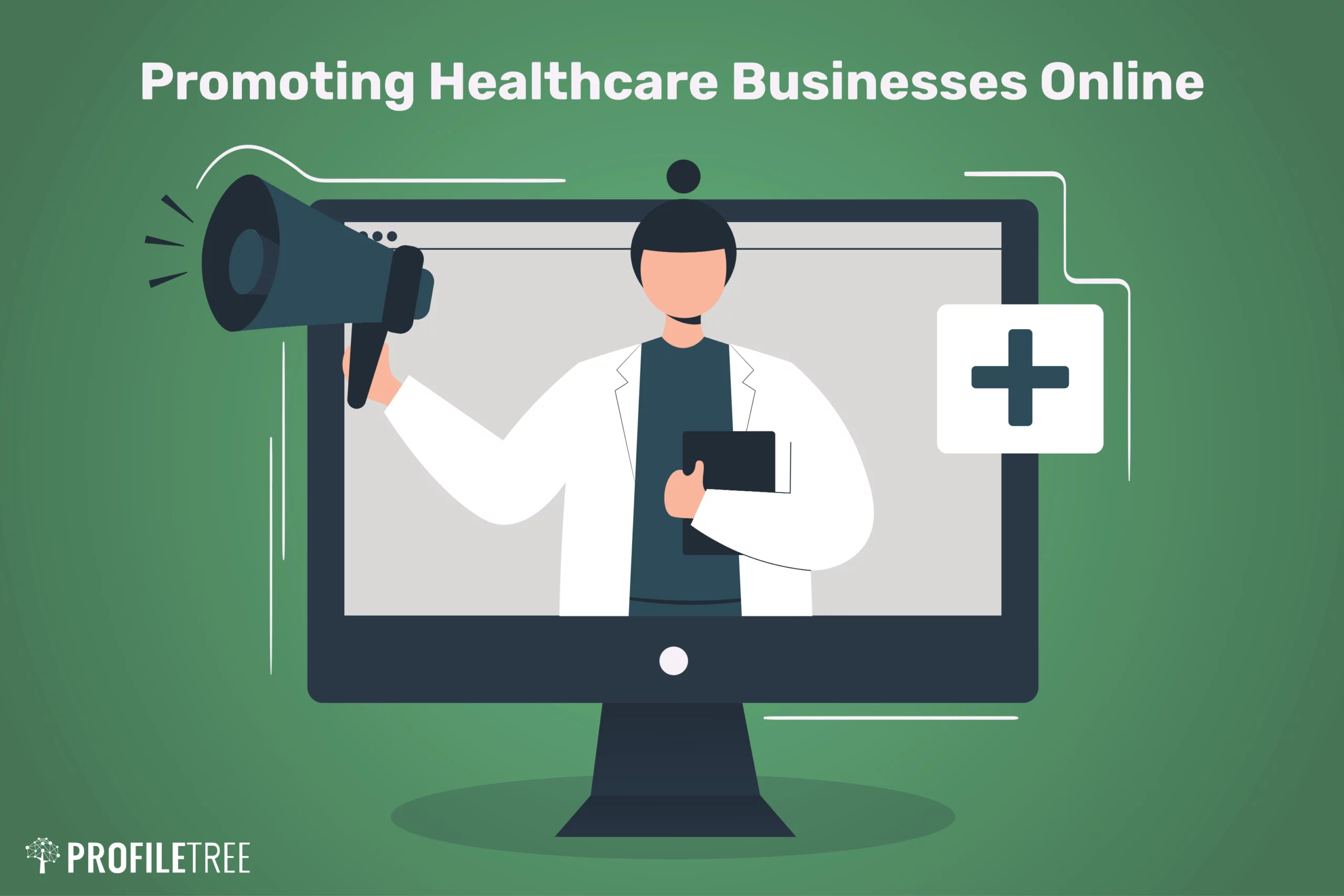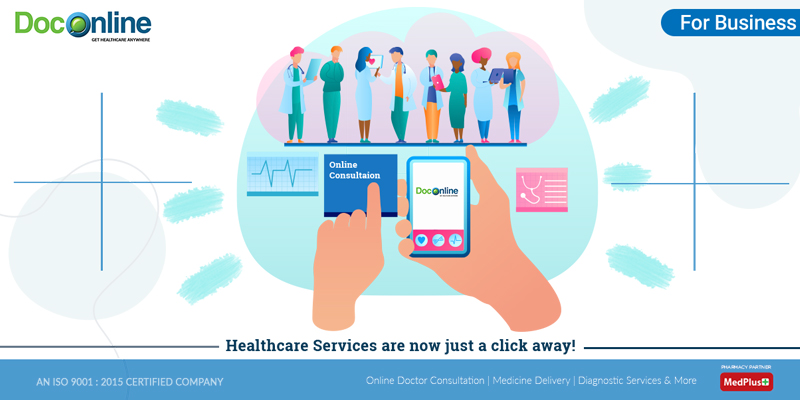Browsing the Future of Medicine With Subscription-Based Medical Care Solutions
As the healthcare sector develops, subscription-based solutions emerge as a critical model promising to improve patient care shipment. With the potential to use streamlined, cost-effective services via predictable pricing and individualized focus, these services stand at the leading edge of modern clinical development. Yet, as we consider their surge, one need to ponder the ramifications of incorporating such systems right into existing health care structures. What challenges do they pose in terms of data security and equitable accessibility, and just how might they redefine the patient-provider connection? The response to these inquiries could fundamentally alter our method to healthcare.
Surge of Registration Health Care
As healthcare systems around the globe face increasing pressures from rising expenses and need for solutions, the arrival of subscription-based medical care models has actually become a transformative trend. This cutting-edge strategy is interrupting conventional health care shipment by using a predictable, flat-rate payment framework for clinical solutions. Rooted in the concepts of attendant medicine, subscription-based health care permits service providers to concentrate on personalized client care while at the same time taking care of functional effectiveness.
The enhancing customer demand for transparency and predictability in medical care expenditures has driven the change in the direction of this design. Subscription-based solutions often offer direct access to health care specialists, which can minimize the management burdens associated with insurance claims and reimbursements.
This model is obtaining grip amongst diverse doctor, from primary treatment doctors to specialized facilities, by aligning monetary incentives with continual and preventative treatment. By moving the focus from quantity to value-based treatment, subscription health care has the potential to reshape the landscape, promoting a more patient-centered and sustainable strategy to health and wellness monitoring.
Advantages for Individuals

In addition, subscription-based services typically emphasize preventive treatment, motivating routine exams and wellness testings. This proactive method can cause early detection of health concerns, potentially boosting end results and minimizing long-term health care expenses for people. Such designs normally supply clear pricing, allowing individuals to better recognize their medical care costs and stay clear of unforeseen medical bills.
The customized nature of subscription-based health care likewise boosts individual experience. Clients can get customized healthcare strategies that match their particular demands, cultivating a much more patient-centric method. This personalization can bring about better client complete satisfaction and adherence to treatment plans. Registration solutions usually integrate wellness programs, sustaining individuals in keeping general health and health. Inevitably, these benefits collectively contribute to a much more efficient, economical, and patient-friendly health care experience.
Innovation's Function in Makeover

Synthetic intelligence (AI) plays a vital role in anticipating analytics, assisting in very early diagnosis and tailored therapy plans. AI formulas evaluate vast datasets to recognize patterns that could be neglected by human observation, hence improving scientific decision-making. Electronic health records (EHRs) improve person information administration, ensuring connection and coherence of care across various solutions and carriers.
Blockchain innovation boosts information safety and security and personal privacy, vital for preserving client count on in digital platforms. It allows clear and safe deals of medical data, ensuring that sensitive details stays protected. With the combination of artificial intelligence and AI, blockchain can automate complicated healthcare procedures, lowering administrative concerns.
Obstacles and Considerations
While modern technology moves the abilities of subscription-based healthcare solutions, it also presents a collection of difficulties and considerations that have to be addressed to make certain successful implementation. One considerable challenge is the fair accessibility of these solutions. As registration models usually depend on digital systems, there is a threat of intensifying the digital divide, leaving individuals without web gain access to or digital proficiency. Making sure these solutions do not disproportionately benefit only tech-savvy and upscale populaces is crucial.
Information privacy and security represent one more crucial factor to consider. Subscription-based solutions frequently entail the collection and storage of large amounts of personal health information. Carriers have to follow stringent information protection guidelines to maintain person trust and protect against unapproved access, which can cause significant ethical and legal consequences.
As health care requires develop, maintaining a cost-effective balance between registration costs and solution high quality is important to protect against patient discontentment and attrition. Addressing these challenges useful source is important as subscription-based medical care services proceed to expand and evolve.
Future Implications for Medication
Subscription-based healthcare services are poised to substantially influence the future landscape of medication by reshaping how treatment navigate here is accessed and provided. These designs use the prospective to democratize medical care accessibility, supplying patients with even more timely and individualized interventions. By leveraging innovation, such as telemedicine and information analytics, registration services can facilitate constant tracking and tailored health and wellness management, hence enhancing outcomes and decreasing the concern on typical medical care systems.
As these solutions gain traction, they could boost a shift in the direction of preventative care, highlighting the significance of early discovery and administration of persistent conditions. This positive method may eventually lower healthcare expenses by mitigating the demand for pricey treatments occurring from late-stage disease administration. Subscription designs use a scalable remedy to address variations in health care gain access to, especially in underserved or country populaces.
Nevertheless, the transition towards subscription-based versions necessitates dealing with governing and ethical factors to consider, consisting of information privacy and fair access. As the industry progresses, joint efforts in between policymakers, technology designers, and health care providers will certainly be essential to developing durable frameworks that protect client rate of interests while cultivating technology. Eventually, these solutions guarantee to add considerably to a much more effective, patient-centered health care community.

Conclusion
Subscription-based medical care solutions represent a substantial advancement in the clinical field, providing predictable costs and customized treatment that improve accessibility and prioritize precautionary procedures. As the healthcare landscape evolves, subscription versions are positioned to play a critical duty in forming the future of medication.
As the read health care sector develops, subscription-based services emerge as a pivotal version guaranteeing to improve person care delivery.As medical care systems around the world face boosting pressures from increasing prices and demand for solutions, the introduction of subscription-based healthcare designs has actually emerged as a transformative fad (subscription based healthcare).With the surge of subscription-based healthcare models improving traditional healthcare delivery, individuals are beginning to experience significant advantages from this cutting-edge method. As health care needs develop, maintaining an economical equilibrium between membership fees and service high quality is crucial to prevent person dissatisfaction and attrition.Subscription-based health care services are positioned to considerably influence the future landscape of medicine by reshaping exactly how treatment is accessed and delivered